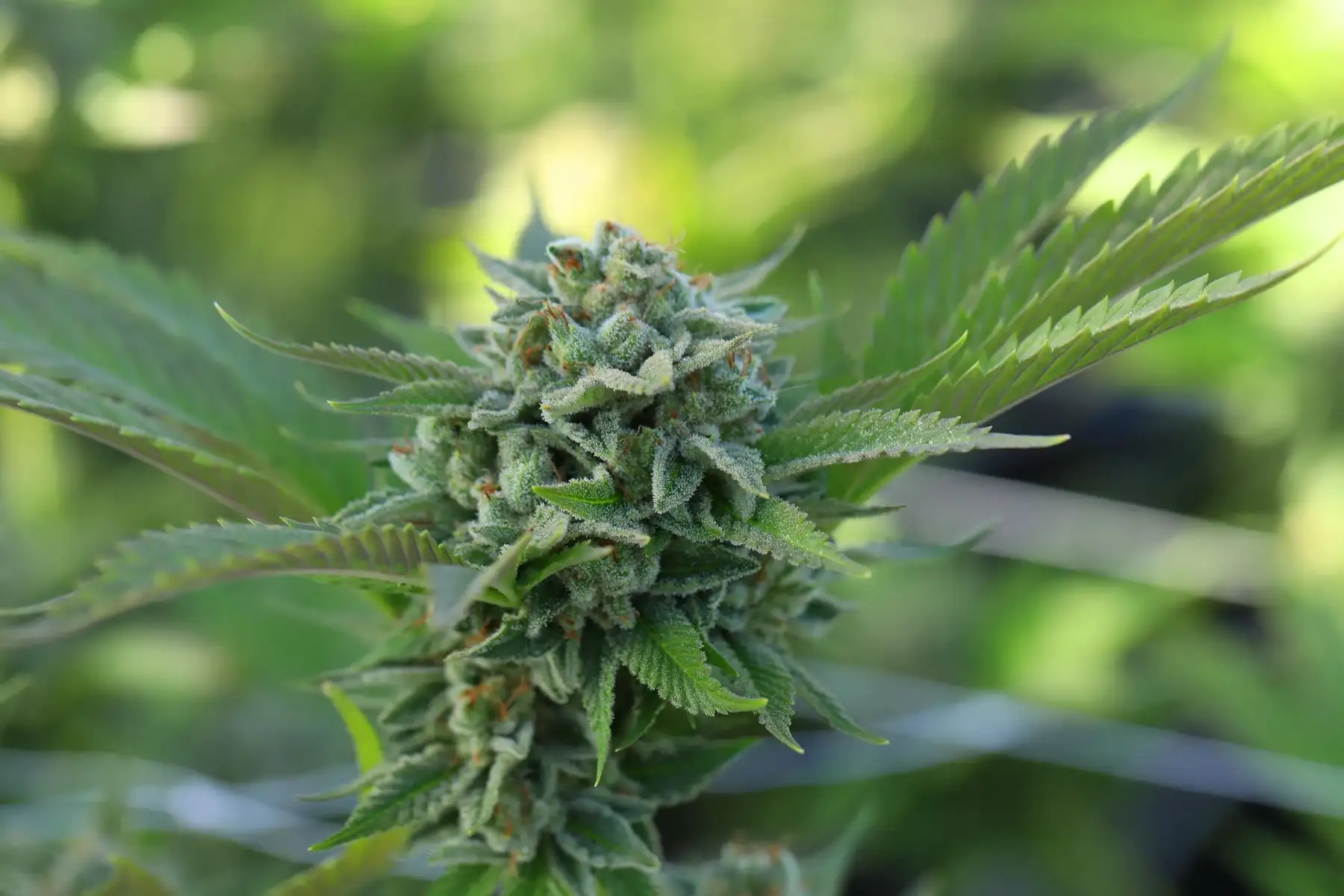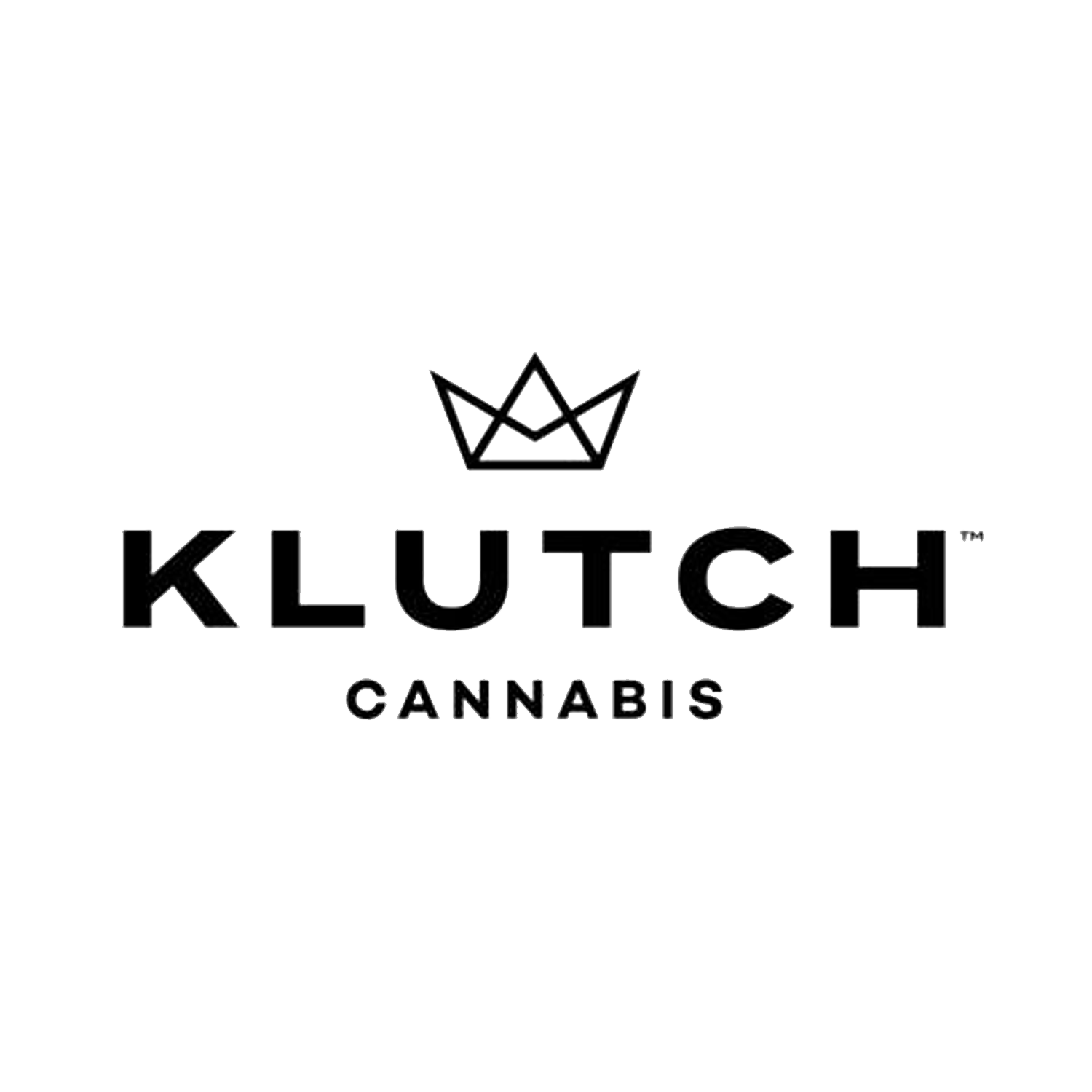
THC vs. THCA: What You Need To Know
Ever wonder why some cannabis products leave you feeling euphoric while others don’t? The answer lies in the difference between cannabinoids, namely delta-9-tetrahydrocannabinol (THC) and tetrahydrocannabinolic acid (THCA). Whether you’re new to medical cannabis or a seasoned consumer, understanding the difference between THC and THCA can help you find the right products to achieve your desired results.
Another factor in evaluating THC versus THCA is that THC is famous for its mind-altering effects, while THCA takes a more therapeutic approach without the “high.” But how does one become the other, and what benefits do they offer? In this article, we’ll explore everything you need to know about THC and THCA, including their unique properties, benefits, and how they affect your cannabis experience.
What Is THC?
THC is the most well-known cannabinoids of the cannabis plant. When you consume it, THC interacts directly with the body’s endocannabinoid system, specifically binding to the cannabinoid 1 (CB1) receptor in the brain. This interaction leads to a range of psychoactive effects, including altered mood, enhanced sensory perception, and increased appetite. But THC is more than just a recreational compound. It has been studied extensively for its potential therapeutic benefits, including pain relief, appetite stimulation, and antinausea effects.
What Is THCA?
THCA is a naturally occurring cannabinoid in live cannabis plants. It serves as the chemical precursor to THC but doesn’t produce intoxicating effects. This means that when consuming fresh, unheated cannabis, THCA won’t cause the psychoactive high associated with THC. Instead, it has potential therapeutic benefits, including anti-inflammatory and neuroprotective properties.
The conversion of THCA to THC occurs through a process called decarboxylation, which happens when you expose cannabis to heat. This chemical reaction removes the carboxylic acid group from THCA, turning it into the psychoactive THC we’re familiar with. Due to its nonintoxicating nature, individuals seeking therapeutic benefits without the high often use THCA for its medicinal applications.
THCA vs. THC
While THC and THCA may sound similar, these two cannabinoids have distinct characteristics that set them apart. For example, is THCA more potent than THC, or is it the other way around? Let’s break it down by exploring their origins, effects, and potency.
Origin and Conversion
THCA is present in raw, unheated cannabis and the precursor to THC. It exists in live cannabis plants and converts to THC only after heat or sun exposure. Therefore, you find THC in dried and cured cannabis and forms when THCA undergoes a process called decarboxylation. This chemical transformation occurs naturally when you smoke, vape, or bake cannabis.
Potency and Psychoactive Effects
In terms of psychoactive potency, THC is significantly more potent because it directly binds to CB1 receptors in the brain, leading to the characteristic “high.” THCA doesn’t bind to these receptors in its natural form, making it nonintoxicating. It lacks the psychoactive strength of THC that people seek to get high, but some argue that THCA may be more beneficial for therapeutic use due to its anti-inflammatory and neuroprotective properties.
Potential Side Effects
Ultimately, the choice between THC and THCA will depend on what you’re looking to achieve — intense psychoactive effects or nonintoxicating health benefits — but it’s important to understand what the potential side effects are. THC may cause anxiety, dry mouth, increased heart rate, and impaired memory, especially when you consume it in excess.
This is why it’s important to start with a low dosage and slowly increase your intake over time. Experts recommend waiting at least five to 10 minutes in between inhaling or vaping cannabis to see how you feel. Users have reported minimal side effects with the use of THCA, but some note mild drowsiness or a slight energy boost. Individual reactions vary, so pay attention to how your body responds and pace yourself.
Frequently Asked Questions
As a relatively new and evolving area in cannabis research, many questions surround THCA, its benefits, and how it differs from its psychoactive counterpart, THC. Here, we’ll address some of the most common questions about this unique cannabinoid, including its legality, potency, and potential uses.
Is THCA Legal?
The answer depends on where you live. In the United States, THCA is legal in most states because it’s nonpsychoactive. The 2018 Farm Bill legalized hemp and its derivatives, including THCA, as long as they contain less than 0.3% THC by dry weight. But because THCA can easily convert to THC through heating, local regulations may interpret its legality differently. While THCA is legal in Ohio, it’s always best to check your state laws before purchasing or using THCA products.
What Is THCA Used For?
THCA has been gaining attention for its potential therapeutic benefits. Preliminary research and anecdotal evidence suggest that it may be useful in several areas, including:
- Anti-inflammatory: THCA has shown anti-inflammatory properties, making it potentially beneficial for conditions such as arthritis or muscle pain.
- Neuroprotection: Some studies indicate that THCA may help safeguard against the damaging effects of neurodegenerative diseases, such as Alzheimer’s and Parkinson’s.
- Antinausea: THCA can be more effective than THC in reducing vomiting and nausea, which could make it a better option for patients undergoing chemotherapy.
- Weight management: Research suggests THCA might aid in reducing obesity and decrease the likelihood of obesity-related diseases, such as diabetes and fatty liver disease.
How Potent Is THCA?
Unlike THC, which has strong psychoactive effects, THCA is not potent in terms of intoxication. You can consume it raw or in products such as tinctures and topicals without causing a “high.”
Is THCA Flower Safe?
THCA flower is safe for consumption when you use it correctly, but it’s important to be mindful that when you heat THCA flower through smoking or vaping, it converts to THC, potentially causing THC-like side effects, such as anxiety or disorientation. As always, you should start with a low dose and increase gradually to monitor your body’s response.
Ready To Experience the Benefits of THC?
Now that you know the difference between THC and THCA, discover which products are right for you. At UpLift, we offer a curated selection of premium THCA flower, tinctures, edibles, and concentrates. Explore our wide range of products online or visit us in our store. Have more questions? Send us a message or stop by one of our locations to chat with our knowledgeable team. We’re always happy to help.
The Green Marijuana Bud with Leaves in Close-Up by Cannafornia is licensed with Pexels License













